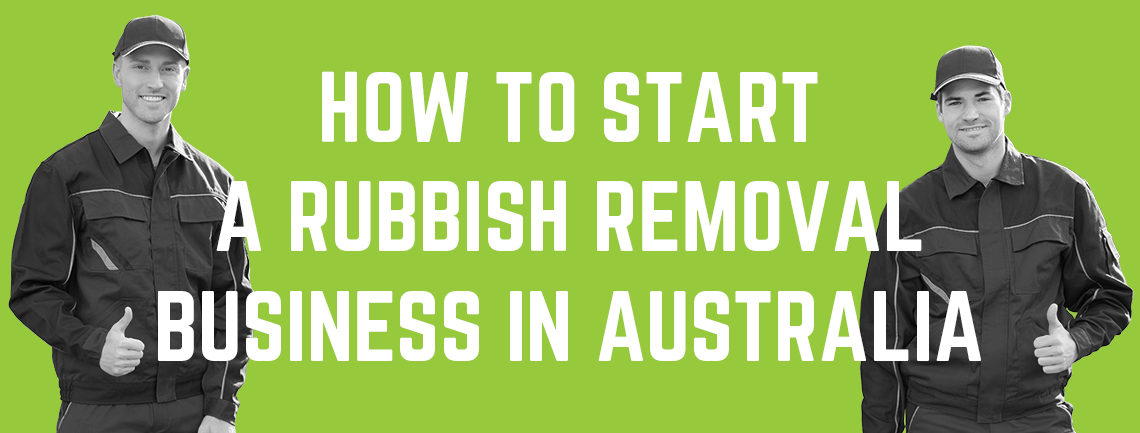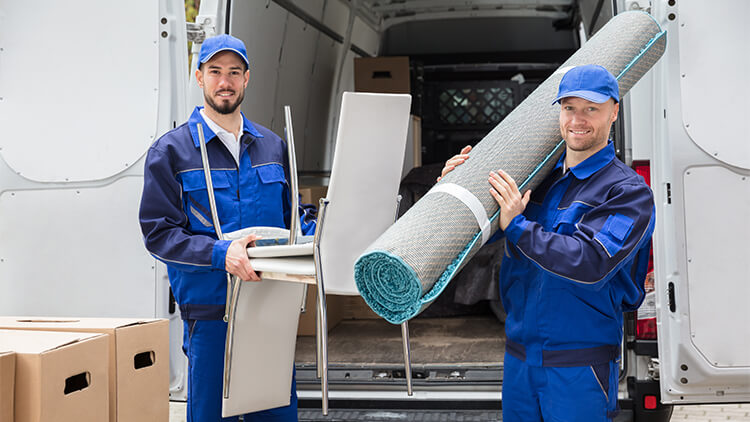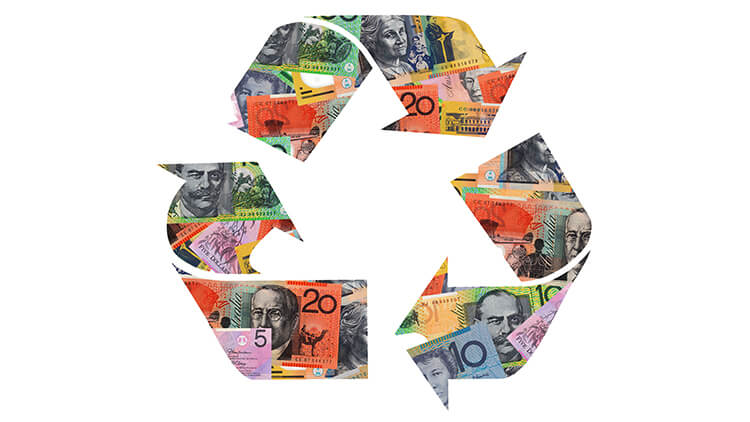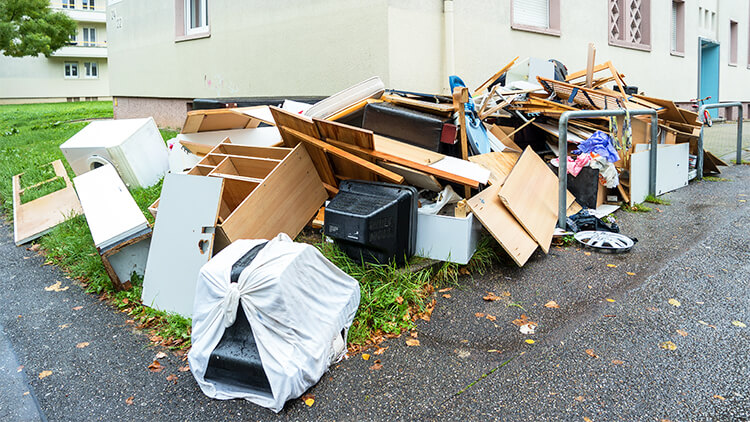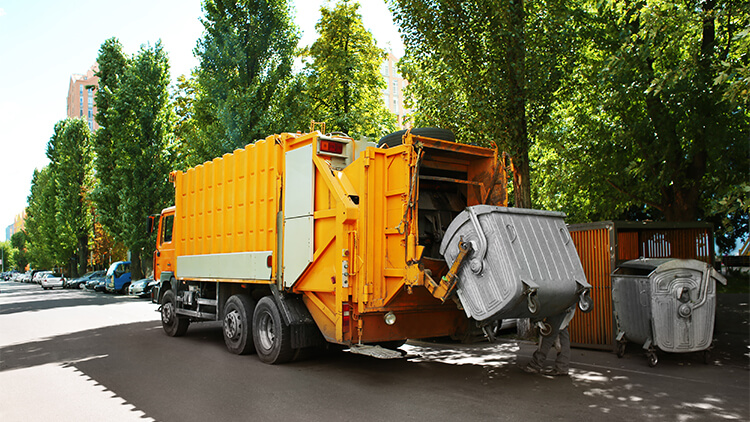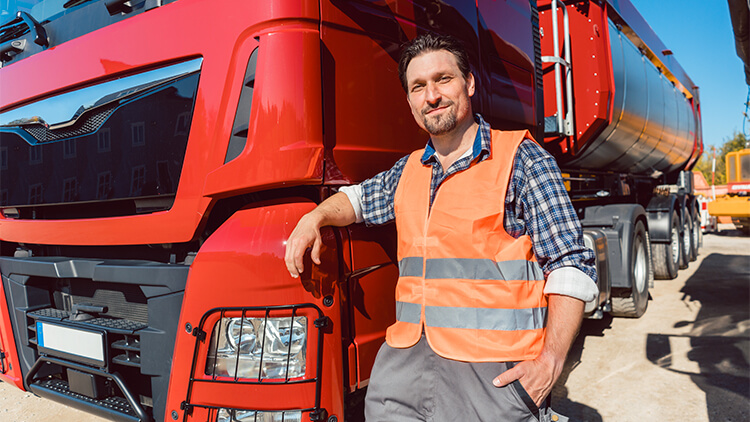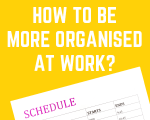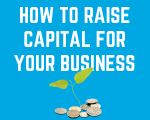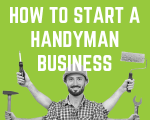How to Start a Rubbish Removal Business in Australia
From the equipment you’ll need, to what you should expect when running your waste removal business we’ve got you covered. March 14, 2019Starting a rubbish removal business requires a lot of planning, market research and understanding of how this market operates.
While collecting junk and driving it to a waste management facility may sound as a simple job, running your own rubbish removal venture is a complicated job which involves a lot more than just taking out the trash.
From ensuring you have the right licenses, to building relationships with your clients and marketing your company the right way, working as rubbish removal contractor a serious business, so you better roll your sleeves and get ready.
Table of Contents
- How to Start a Rubbish Removal Business
- Cost of Starting a Rubbish Removal Business in Australia
- Throwing Away the Trash
- Types of Rubbish Removal Services
- Invest in a Fantastic Waste Removal Franchise
How to Start a Rubbish Removal Business
Just like starting a business in any other service niche you have to carefully research and plan out everything.
You’ll need licenses to legally operate as a waste removal firm (and the handling of the rubbish), competition research so you know who you’re up against, insurance in case something goes wrong, and making a business plan you can follow (which can also help with funding).
Obtain the Proper Rubbish Removal Licenses
In order to legally operate as a rubbish removal business, you have to hold the required by law licenses. EPA controls and issues most of the licenses that you will need to handle and dispose of junk legally, however, we suggest that you contact your local government and double check with them.
Sometimes Australian states will require you hold some type of local license or they will have different regulations and legislations that you will have to follow.
For Australian Capital Territory (ACT) the ACT Waste Management Strategy 2011-2025 is the most relevant document on the matter. It covers all the information you will need for each type of waste (commercial or household), what are its contents and where they can be disposed of.
In order to transport waste, you have to comply with regulations. Any waste that is being transported by vehicle should be covered in order to keep it from spilling or falling on the road. Everything from dirt, to construction waste, and even tires are considered waste.
You can apply for an environment protection license here and more information about transporting waste can be found on the EPA website.
Consult with your local government on what licenses you will need, especially if you’re interested in operating a waste removal business in the niche of industrial waste or chemical waste.
Get Insurance for You, Your Employees and Equipment
Waste removal has its risks involved, especially if you’re operating in chemical removal, so you should plan for all eventualities.
Most insurance companies provide tailored insurance services or have pre-made insurance packages for rubbish removal businesses. In general, you’d want your insurance to cover:
- Any damage to vehicles, machines and tools. This includes theft.
- Injuries to you or your employees which may occur during the work process
- Injuries to customers which may be caused during the collecting of waste.
- Damages or accidents that may happen in the process of delivering, collecting or disposal of waste (as well as skip bins).
Contact the insurance company of your choice to discuss their insurance packages and choose one that suits you.
Research Your Competition
From big franchises in the rubbish removal business, to complete amateurs with pickup trucks, and the family-run businesses in between you need to clearly know your competition before you start your own junk removal business.
Sometimes the market is open, other times you may have to operate in a more niche segment of the market, or, it may be best to invest in a franchise rather than starting your own business.
Doing a through competition research can help you with setting your prices for the services you provide, see what services are provided by your local rubbish removal companies and, most importantly, have a clear understanding who you’re up to.
A quick google search can give you enough initial information, but of course, we suggest you use social media and even dig around in forums to see what feedback people have for the companies you’ll have to compete against.
Psst! If people aren’t satisfied by your local service providers you have an opportunity on your hands.
Make a Business Plan
Making a business plan may sound scary and complicated, but it doesn’t have to be. Some of the advantages of having a good business plan is having a clear goal (both short and long-term), securing a bank loan if needed, and just having a plan that you can stick to when running a business just becomes a bit overwhelming (and it will, because it’s an inevitable part of entrepreneurship).
A business plan should contain:
- A title page
This is where you put your business logo (if you have one), name and overview of the plan, your title (as well as those of your co-founders if you have a partner), the ABN, business name, ACN, the date you finished the plan, and a table of contents. For a more in-depth look on how you should format the title page of your business plan, visit the Department of Industry, Innovation and Science website. - Operations plan
This part of the business plan covers everything from the structure of your business to registrations, locations, your staff and the services that you’ll provide. - Market research
Here you’ll list your potential customers, your competitors and your marketing strategy. - A vision statement
Any serious business should have a vision for the future. In your vision statement, you should list key business goals and milestones that you’ll work towards. - A financial plan
This is where you’ll explain how you’re planning to finance the business, any costs and financial projections.
Making a business plan is definitely something that shouldn’t be overlooked. If you’re investing a substantial amount in the rubbish removal market we’d advise you to seek out the help of a professional.
If you’re making your own business plan, you can find a good template (and guide) right here.
Be Involved with the Community
Word-of-mouth marketing is the best advertisement you can have and being involved with your community is one of the best ways to put your business on the map.
The yearly-held Waste Expo in Melbourne is Australia’s biggest free-to-attend conference which covers waste management and a few other market-related topics.
If you’re interested in dominating the market attending such events, as well as being involved with local events (like supporting the local football team, or a charity of your choice) is mandatory.
This is what will set your brand apart from the rest of your competition.
Cost of Starting a Rubbish Removal Business in Australia
While the waste removal market has a low entry you still have to set up a legal business, buy equipment and develop that venture into a sustainable business.
Setting Up the Business
The fee for registering as a sole trader or a company will set you back between AU$30 to AU$80. Your ABN is free.
For a more in-depth look on starting a business in Australia take a look at our guide.
Buying Equipment
You can’t run a rubbish removal business without the proper equipment. That’s why you have to budget and plan for at least the minimum of tools and equipment you will need.
A truck/van/pick-up truck is the minimum that you will need to operate as a rubbish removal contractor. Depending on the size, age and type of vehicle you’re looking to invest in, the cost can easily surpass AU$10,000. For a second hand one, however, you’re looking at spending around AU$2,500 to AU$5,000.
A trailer/skip bin is needed if you’re interested in working bigger jobs or providing skip bin services. A trailer will set you back anything between AU$1,000 and AU$3,000 depending on size and condition. A skip bin will cost you from AU$700 to AU$5,000 depending on condition and size.
Tools you’ll need include a dolly (AU$50 – AU$100); broom (AU$15 – AU$30); shovel (AU$30 – AU$60); wheelbarrow (AU$100 – AU$250); trash cans (AU$10 – AU$25); reciprocating saw (AU$150 – AU$400); extension cords (AU$10 -AU$50); push broom (AU$25 – AU$35); hammer (AU$20 – AU$60); sledgehammer (AU$50 – AU$400); socket set (AU$50 – AU$90); tarps (AU$50 – AU$200); rake (AU$15 – AU$60); etc.
In the line of work, you’ll find what other tools you may need to invest in. Of course, the ones listed above are commonly used, but you shouldn’t feel like you need to have them all in order to start working as a waste removal contractor.
Marketing Your Waste Removal Venture
Every business needs good marketing, especially in the beginning. And in this market, your vehicle is going to be your moving advertisement. This is why you see most rubbish removal vehicles with colourful vinyls on them.
Wrapping your vehicle will set you back anywhere between AU$300 to AU$4,000 depending on the size of the wrap (the latter is the cost for wrapping the whole vehicle). Make sure you include your company name, logo and phone number. If you have a website, put it as well.
The best way to market your junk removal venture is to be original. Research what your competitors are doing. Are they organising clean-up events? If not – you can do it. Organise a clean-up for a place that’s beloved by locals and invite them to participate in the clean-up.
Make a website and maintain it. In 21-st century the easiest way for your business to be found is online. This includes social media as well.
The waste removal market allows for some very creative and colourful branding and advertisement, so you should definitely take advantage of this.
Fees You Have to Cover
Australia is notorious for its high taxes for rubbish disposal. The fee of trash disposal varies on the type of trash that you’re getting rid of, its amount and the landfill that you choose.
A starting price for disposal of a 240-litre garbage bin will cost you around AU$10 – AU$15 and the price goes up from there. For a tonne of commercial waste, the disposal fee is around AU$150. In order to get the most up to date price, it’s best to contact your local waste management facilities and ask them for their fees. Maintaining an up to date price-list will allow you to quickly decide on the best waste-disposal site and finish jobs faster.
The EMRC website offers fees and taxes for different types of waste for facilities in Western Australia.
Other Costs to Consider
You’ll also have to plan other costs like gas and employees. While you may be able to pick up most of the trash yourself, if you’re interested in handling bigger projects having a team of three or four employees can tremendously help you with loading the trash faster and handling more jobs per day.
Throwing Away the Trash
Australia has a huge problem with landfills and trash disposal. That’s why it’s best if you can recycle most of the rubbish you collect.
Contact your local recycling and waste management plants and figure out what type of trash they accept. It’s best if you keep as much as possible away from landfills and leave it to the recycling plants.
For scrap metal and construction materials, there are regulations that you should follow. Talk with your local recycling plants to know which ones accept scrap metal.
There are also fees and charges for throwing out green waste, construction waste, household waste and hazardous rubbish. As each city and state has its own unique set of recycling and waste management facilities, as well as landfills it’s best that you research them on your own.
Recycling Near You is an awesome website which gives you nearby locations that would accept and recycle trash and their contact information.
Keep in mind that if you’re handling hazardous waste such as medical waste, asbestos, cleaning materials, etc. you need a separate license for those.
What You Can Throw Away in the Bin
Broken glass, mirrors or windows can be thrown in the garbage bin. As well as light globes and general rubbish.
CD’s, DVD’s, non-recyclable plastics and general household waste.
What You Can’t Throw Away in the Bin
Soil, timber, scrap metal, car parts, corrosive or flammable items, building materials and recyclable materials can’t be thrown in the bin. Instead, you should dispose of them according to local laws.
Types of Rubbish Removal Services
Just like any market, rubbish removal has its own niches you can operate in. Some of the more popular services you can offer as a contractor are skip hire, hands-on and waste management.
Skip Hire Services
In order to offer skip hire services, you’ll need a skip, a truck with which you can carry and load the skip. Depending on where you’re placing the skip bin you’ll need a permit (unless it’s placed on the client’s property).
Clients pay per skip, per day. You’ll need several skip bins if you want to take on numerous jobs simultaneously. You also need a place to store the skips when they aren’t in use.
The client is responsible for loading the skip bin, which can become a problem in transportation if it’s loaded incorrectly.
Hands-On Rubbish Removal Services
Done by appointment, hands-on rubbish removal is done on the day. Contractors collect the trash and the price for the service is calculated according to the amount of waste collected.
This makes hands-on rubbish suitable for collecting already prepared trash, most often from households or offices (this can include green waste as well).
This service, however, isn’t suitable for construction waste, where it could take days before the construction is done.
Waste Management Services
Most businesses that offer rubbish collecting services offer waste management as well. This includes the collecting, transportation, treatment and final disposal of the rubbish. This is done either in landfills, waste treatment facilities, or recycling plants.
Waste management businesses, however, are responsible for collecting the junk from the city bins and the trash cans in front of the houses.
Rubbish removal contractors use landfills, waste treatment facilities and recycling plants accordingly to dispose of trash.
Invest in a Fantastic Waste Removal Franchise
Starting a rubbish removal business is a lot of hassle, as you see. But, it really doesn’t have to be.
Investing in a waste removal franchise with Fantastic Services allows you to focus on providing the best services you can, growing your team and building a business while we handle marketing, your training and one-on-one coaching.
You also get jobs per week and customer service, which can’t be said for independent small waste removal businesses. We also cover taxes, gas and advertising.
See our rubbish removal franchise business opportunity here or directly contact us!
About the Authors
Created by Gratsiela Borisova, project manager of the Fantastic Services franchise sites in Australia and the UK, and Evgeni Asenov, blog strategist for Fantastic Services Australia. Both of them produce business-related content and share the ins and outs of starting and running a business in Australia.
